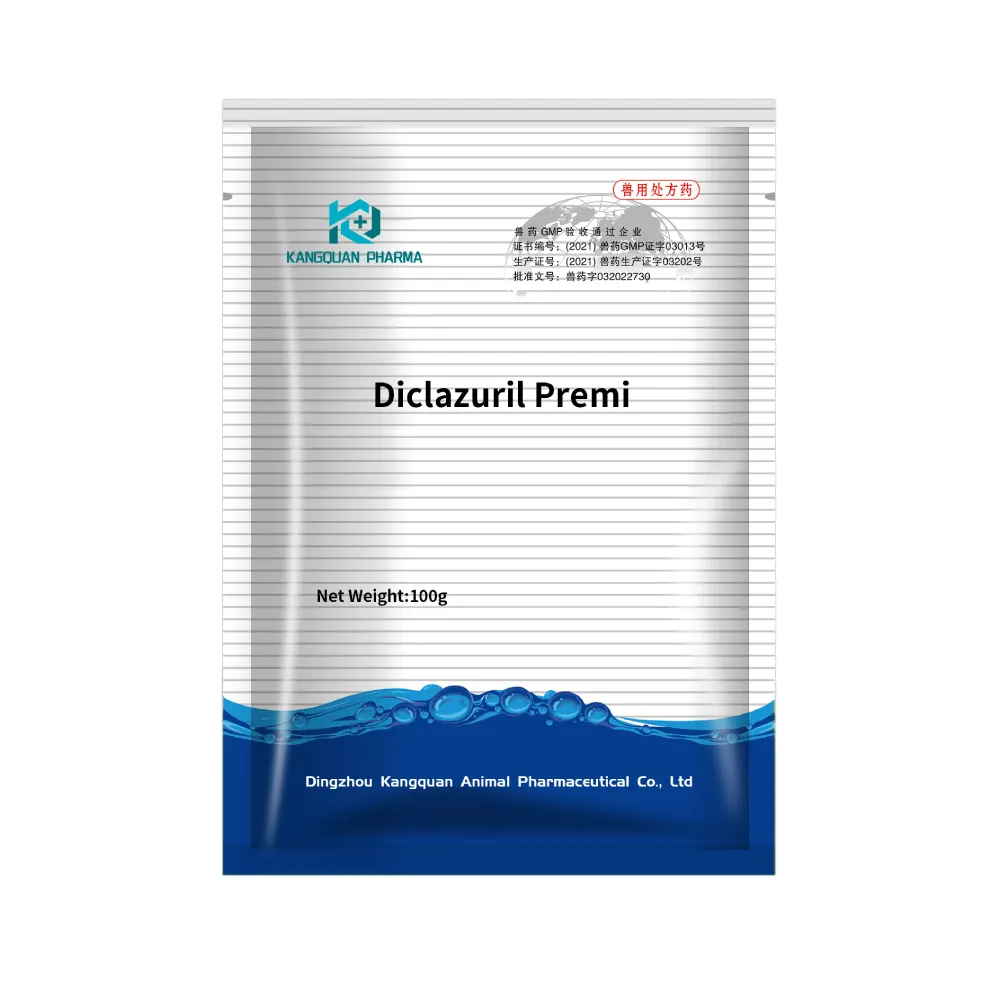- Afrikaans
- Albanian
- Amharic
- Arabic
- Armenian
- Azerbaijani
- Basque
- Belarusian
- Bengali
- Bosnian
- Bulgarian
- Catalan
- Cebuano
- Corsican
- Croatian
- Czech
- Danish
- Dutch
- English
- Esperanto
- Estonian
- Finnish
- French
- Frisian
- Galician
- Georgian
- German
- Greek
- Gujarati
- Haitian Creole
- hausa
- hawaiian
- Hebrew
- Hindi
- Miao
- Hungarian
- Icelandic
- igbo
- Indonesian
- irish
- Italian
- Japanese
- Javanese
- Kannada
- kazakh
- Khmer
- Rwandese
- Korean
- Kurdish
- Kyrgyz
- Lao
- Latin
- Latvian
- Lithuanian
- Luxembourgish
- Macedonian
- Malgashi
- Malay
- Malayalam
- Maltese
- Maori
- Marathi
- Mongolian
- Myanmar
- Nepali
- Norwegian
- Norwegian
- Occitan
- Pashto
- Persian
- Polish
- Portuguese
- Punjabi
- Romanian
- Russian
- Samoan
- Scottish Gaelic
- Serbian
- Sesotho
- Shona
- Sindhi
- Sinhala
- Slovak
- Slovenian
- Somali
- Spanish
- Sundanese
- Swahili
- Swedish
- Tagalog
- Tajik
- Tamil
- Tatar
- Telugu
- Thai
- Turkish
- Turkmen
- Ukrainian
- Urdu
- Uighur
- Uzbek
- Vietnamese
- Welsh
- Bantu
- Yiddish
- Yoruba
- Zulu
10 月 . 05, 2024 21:31 Back to list
Exploring the Benefits and Uses of 1% Ivermectin Injectable Solution in Veterinary Medicine
Understanding Ivermectin 1% Injectable Uses, Benefits, and Precautions
Ivermectin is a broad-spectrum antiparasitic agent that has been widely used in both human and veterinary medicine for the treatment of various parasitic infections. The 1% injectable formulation of ivermectin is particularly important in veterinary practices, where it is commonly used to treat a range of ectoparasites and endoparasites in livestock and other animals.
What is Ivermectin?
Ivermectin is a member of the avermectin family of compounds, which are derived from the soil bacterium *Streptomyces avermitilis*. Its primary mechanism of action involves binding to specific channels in the nerve and muscle cells of parasites, leading to paralysis and death. This makes it effective against a variety of parasites, including nematodes, arthropods, and certain ectoparasites like lice and mites.
Uses in Veterinary Medicine
The 1% injectable formulation is particularly advantageous for large animals such as cattle, horses, and swine. It is usually administered subcutaneously or intramuscularly, allowing for rapid absorption and an effective response against parasitic infections. Common uses include
1. Gastrointestinal Parasites Ivermectin is effective against a wide range of gastrointestinal worms, including roundworms and hookworms. 2. Ectoparasites The injectable form also treats conditions caused by ectoparasites like ticks, mites, and lice, which can affect the skin and overall health of animals. 3. Heartworm Prevention In dogs and cats, ivermectin is often used as a preventative treatment for heartworm disease, caused by the parasite *Dirofilaria immitis*.
ivermectin 1 percent injectable

Benefits of Ivermectin 1% Injectable
One of the main advantages of ivermectin is its broad spectrum of activity against various parasites, which reduces the need for multiple medications. Furthermore, it is highly effective and typically well-tolerated by animals. The injectable form can be particularly useful in cases where oral administration is difficult or impractical, such as in stressed or sick animals.
Precautions and Side Effects
While ivermectin is generally safe, there are important precautions to consider. Certain breeds of dogs, such as Collies and other herding breeds, may have a hypersensitivity to ivermectin due to a genetic mutation affecting drug metabolism. In such cases, administration can lead to severe neurological side effects.
Additionally, care should be taken to avoid overdosing, as excessive amounts can cause toxicity. Signs of ivermectin toxicity can include lethargy, tremors, vomiting, and, in severe cases, coma. Hence, it is crucial to follow veterinary guidelines regarding dosage and administration.
Conclusion
Ivermectin 1% injectable is a valuable tool in the management of parasitic infections in veterinary medicine. Its effectiveness, ease of administration, and broad spectrum of activity make it a go-to solution for many veterinarians. However, awareness of potential side effects and contraindications is essential to ensure the safety and wellbeing of treated animals. As with any medication, it’s imperative to consult with a veterinarian before administering ivermectin to ensure it is appropriate for the specific needs of the animal.
-
The Power of Radix Isatidis Extract for Your Health and Wellness
NewsOct.29,2024
-
Neomycin Sulfate Soluble Powder: A Versatile Solution for Pet Health
NewsOct.29,2024
-
Lincomycin Hydrochloride Soluble Powder – The Essential Solution
NewsOct.29,2024
-
Garamycin Gentamicin Sulfate for Effective Infection Control
NewsOct.29,2024
-
Doxycycline Hyclate Soluble Powder: Your Antibiotic Needs
NewsOct.29,2024
-
Tilmicosin Premix: The Ultimate Solution for Poultry Health
NewsOct.29,2024













